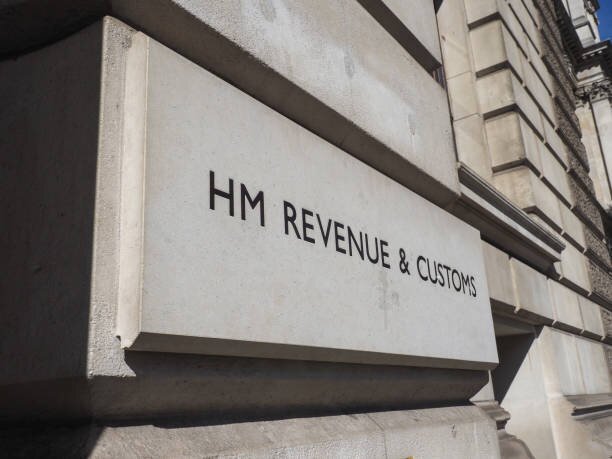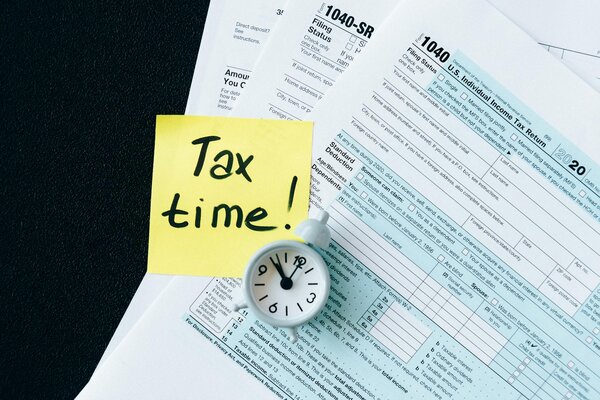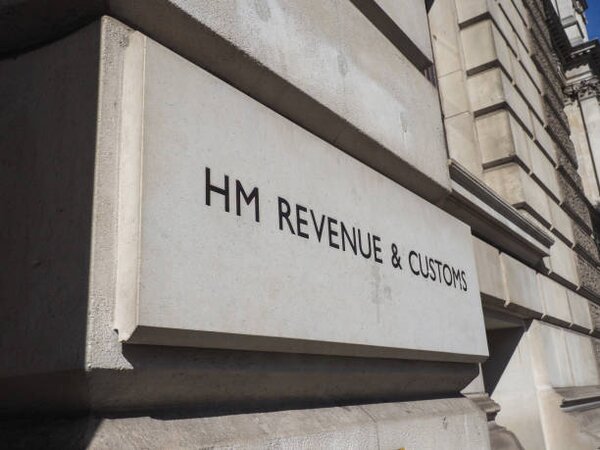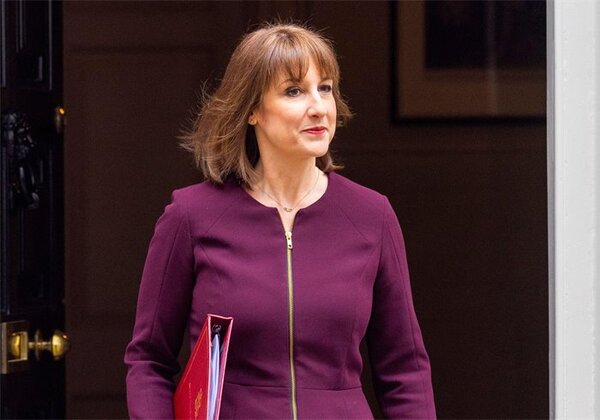Introduction
A retired business owner has successfully appealed against HM Revenue & Customs (HMRC) over the tax treatment of a £4.8 million share buyback, reversing an assessment that would have increased his liability by more than £1 million.
The First-tier Tax Tribunal (FTT) determined that the payment received should be taxed as a capital gain rather than as a distribution, allowing the taxpayer to claim Business Asset Disposal Relief (formerly Entrepreneurs’ Relief) and benefit from a lower tax rate.
Background of the Dispute
The dispute centred on John Boulting, a former director of PSC Training and Development Group Ltd. In 2013, Mr Boulting retired from his position to facilitate a management transition, with his son Mark Boulting assuming a leadership role.
As part of these succession arrangements, Mr Boulting agreed to sell eight shares back to the company in January 2015 for £4.8 million, while transferring further shares to family members and retaining a minor stake for his grandchildren.
The transaction was notified to HMRC by the company’s advisers in February 2015. However, HMRC later opened an enquiry into Mr Boulting’s 2013–2014 self-assessment tax return.
HMRC issued a closure notice classifying the share sale proceeds as income, not capital gains, thereby disallowing Business Asset Disposal Relief and increasing the tax liability by £1,008,621.
Legal Context and Criteria
Under Section 1033 of the Corporation Tax Act 2010, a company’s purchase of its own shares may be subject to capital gains tax rather than income tax if certain conditions are met.
The case hinged on condition A, which requires the purchase to be made wholly or mainly for the purpose of benefitting the trade carried on by the company or a qualifying subsidiary.
The existence of a relevant trade at PSC Group was undisputed. The central question was whether the main purpose of the share repurchase served the interests of the company’s ongoing business.
Arguments Presented by Each Party
HMRC argued that the transaction was not necessary to benefit the trade and maintained there was insufficient evidence that the buyback addressed investment barriers or managerial deadlock.
The authority also described the share price as excessive, suggesting it was designed to reward Mr Boulting for previous contributions rather than to advance the company’s interests. Conversely, Mr Boulting’s representatives maintained that the share purchase was instrumental in resolving management tensions.
They argued that Mr Boulting, as a majority shareholder, had impeded new investments and strategic decisions, and his departure enabled the company to pursue new opportunities. They also disputed the allegation that the price was excessive.
Tribunal’s Assessment of Purpose
The tribunal concluded that the intention behind Mr Boulting’s retirement and the share repurchase was to secure the best interests of the business by facilitating leadership changes and enabling further investment. In its published decision, the FTT stated that 'the evidence was clear that the share purchase was undertaken in order to remove Mr Boulting from the business,' which in turn allowed for essential corporate developments.
The tribunal clarified that while the purchase did not independently achieve Mr Boulting’s exit, it was a necessary precursor to the broader set of arrangements intended to benefit the business.
Board’s Rationale and Share Valuation
Addressing concerns about share valuation and cash extraction, the tribunal found that the terms and price were set through negotiation and believed by the board to be required to secure Mr Boulting’s agreement to sell.
The FTT noted that although the extraction of cash was a consequence of the buyback, it was not determined to be the driving purpose according to the statutory test.
The tribunal explicitly rejected HMRC’s claim that the purchase simply released company reserves. In its analysis, purpose rather than effect was the crucial factor in determining tax treatment.
Final Summary
This ruling marks a significant clarification in the tax treatment of company share buybacks, particularly where changes in control or management succession are at stake.
The outcome demonstrates that HMRC’s approach may be challenged where there is clear evidence the primary purpose serves the ongoing interests of the company, rather than simply remunerating departing shareholders.
The decision may influence both companies and advisers handling similar transactions, highlighting the need for thorough documentation and clarity on commercial motives.
For those managing complex tax affairs or corporate transactions, platforms such as the Pie app may provide valuable tools for staying informed on regulatory developments and case law trends.











